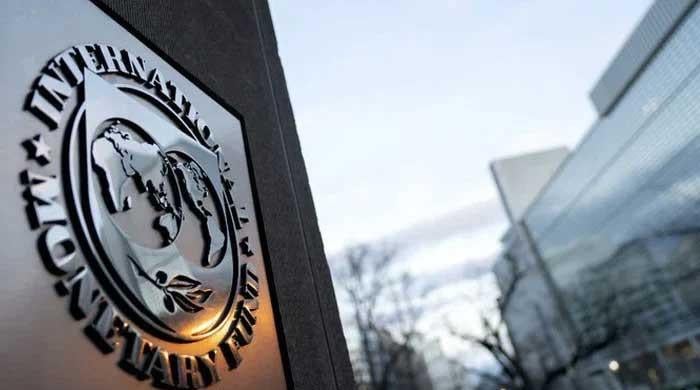FATF delegation urges Pakistan to toughen anti-terror financing laws
Asia Pacific Group on Money Laundering, which is currently in Pakistan, will submit a report to FATF
August 17, 2018
ISLAMABAD: A delegation of the global financial watchdog Financial Action Task Force (FATF) has urged Pakistan to toughen its laws and implementation against terror financing and money laundering, media reports said.
The Asia Pacific Group (APG) on Money Laundering, which is currently in Pakistan, will submit a report to the Paris-based FATF which placed Pakistan on its 'grey list' in June.
The delegation, according to reports, asked Pakistan to enact appropriate laws enabling local officials to act upon requests of foreign countries to freeze illegal assets and extradite those involved in terrorism financing and money laundering.
It met officials of the Financial Monitoring Unit (FMU) of the State Bank of Pakistan, Securities and Exchange Commission of Pakistan (SECP), National Counter Terrorism Authority (NACTA), Federal Investigation Agency (FIA) and representatives of ministries of foreign affairs and interior.
The APG's Mutual Evaluation report can play a critical role in retaining or removing Pakistan from the grey list.
Pakistan needs to comply, by September next year, with a 10-point action plan it committed to the FATF earlier this year:
1) Demonstrating that terrorist financing risks are properly identified, assessed, and that supervision is applied on a risk-sensitive basis
2) Demonstrating that remedial actions and sanctions are applied in cases of AML/CFT violations, and that these actions have an effect on AML/CFT compliance by financial institutions
3) Demonstrating that competent authorities are cooperating and taking action to identify and take enforcement action against illegal money or value transfer services (MVTS)
4) Demonstrating that authorities are identifying cash couriers and enforcing controls on illicit movement of currency and understanding the risk of cash couriers being used for terrorist financing
5) Improving inter-agency coordination, including between provincial and federal authorities, on combating terrorist financing risks
6) Demonstrating that law enforcement agencies (LEAs) are identifying and investigating the widest range of terrorist financing activity and that terrorist financing investigations and prosecutions target designated persons and entities, and persons and entities acting on behalf or at the direction of the designated persons or entities
7) Demonstrating that terrorist financing prosecutions result in effective, proportionate and dissuasive sanctions and enhancing the capacity and support for prosecutors and the judiciary
8) Demonstrating effective implementation of targeted financial sanctions against all 1267 and 1373 designated terrorists and those acting for or on their behalf, including preventing the raising and moving of funds, identifying and freezing assets (movable and immovable), and prohibiting access to funds and financial services
9) Demonstrating enforcement against targeted financial sanctions violations including administrative and criminal penalties and provincial and federal authorities cooperating on enforcement cases
10) Demonstrating that facilities and services owned or controlled by designated persons are deprived of their resources and the usage of the resources.









